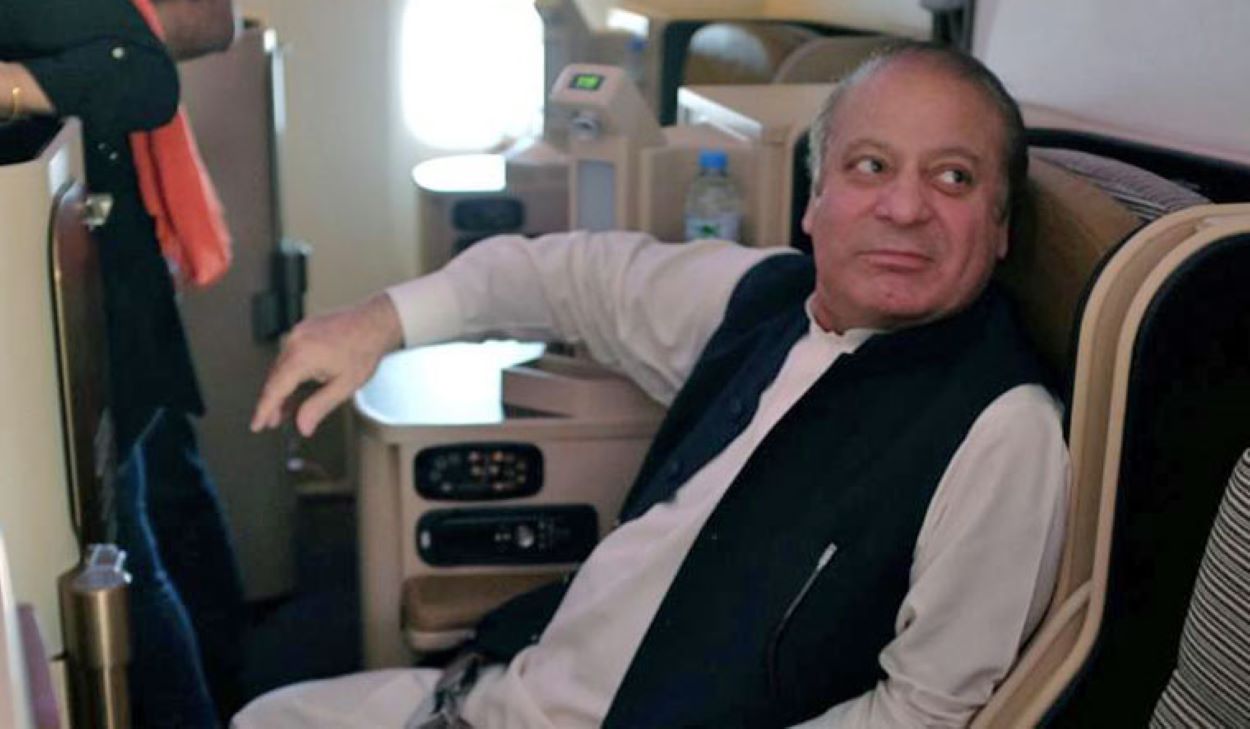In a rapid turn of events, Pakistan’s accountability court nullified the arrest warrant for Nawaz Sharif, the former Prime Minister and leader of the Pakistan Muslim League-Nawaz (PML-N), during a concise 18-minute hearing on Thursday. This decision came in the Toshakhana case, with the National Accountability Bureau (NAB) offering no resistance to the motion.
Sharif, currently in self-imposed exile in London, had petitioned the court to suspend his arrest warrant, anticipating his return to Pakistan. The court, presided over by Judge Muhammad Bashir, responded favourably to Sharif’s plea, provided he commits to appearing in court on October 24.
Legal Maneuvers Before Sharif’s Return
The ex-Prime Minister’s return from a four-year absence is scheduled for Saturday. In preparation, his legal representatives have been proactive, seeking protective bail from the Islamabad High Court (IHC) and the accountability court to prevent his arrest upon landing.
During the latest hearing, Sharif’s counsel, Qazi Misbah, communicated the former leader’s intention to abide by the court’s schedule, citing his health issues as the reason for previous non-appearances. The NAB prosecutor concurred with the suspension, recognizing the arrest warrant’s purpose to ensure legal adherence.
The hearing also touched upon the statuses of other high-profile individuals implicated in the case, including former president Asif Ali Zardari, with the revelation that no arrests had been executed in the ongoing case.
Sharif’s legal complications extend beyond the current case. In 2018, an accountability court convicted him in the Avenfield and Al-Azizia Steel Mills references, decisions he challenged. However, his self-exile for medical treatment led to a lack of follow-through with the legal processes.
Despite his absence, legal proceedings continued, with significant developments, including the Islamabad High Court’s dismissal of Sharif’s appeals due to “non-prosecution” and his designation as a proclaimed offender. These actions, notably, were based on procedural grounds rather than case merits, leaving room for future appeal possibilities upon Sharif’s return.
As the political landscape braces for his return, the suspension of Sharif’s arrest warrant marks a critical point in Pakistan’s ongoing accountability and anti-corruption efforts.






